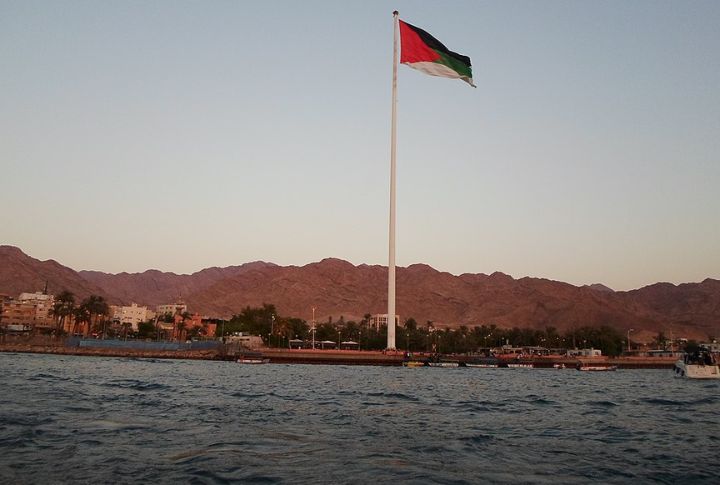
A storm had been building across the desert, long before rifles were raised or flags unfurled. Quiet frustrations turned into bold defiance, fueled by power struggles, betrayal, disillusionment, and fading loyalty. The old order no longer inspired faith, and cracks widened with every forced decree. Here’s a closer look at what stirred Arab lands toward rebellion and lasting change.
Turkish Nationalism Ignited Arab Fears
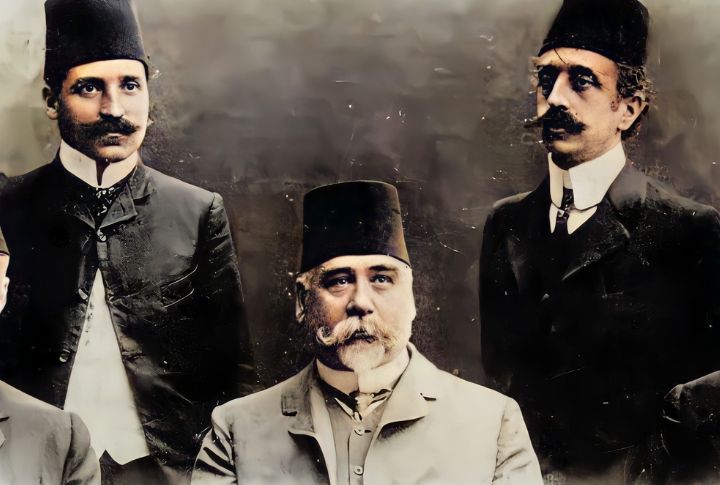
The 1908 rise of the Committee of Union and Progress set off alarms. As Turkish nationalism hardened, non-Turkish groups like Arabs were sidelined. The 1913 CUP coup solidified this dominance. Prominent Arab voices, including Rashid Rida, began warning against assimilation and the growing threat of ethnic centralization.
Arabic Language And Identity Were Suppressed

Arabic culture came under pressure as state policies favored Turkish in schools, newspapers, and bureaucratic records. Writers and clerics who pushed back were imprisoned or exiled. Cultural societies shut down one by one. For many Arabs, language suppression signaled more than censorship—it felt like erasure of identity.
Economic Neglect In Arab Provinces
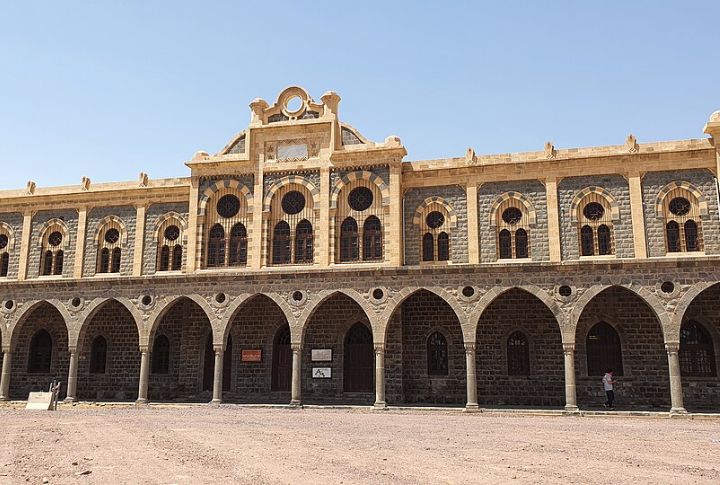
Progress moved quickly through Anatolia and Istanbul, yet skipped over Arab lands. Development funds rarely made their way back. The Hijaz Railway cut across regions, but mostly for military use. In Yemen, tax burdens worsened hunger. Meanwhile, Arab merchants watched trade network shrink under expanding Turkish economic control.
Harsh Crackdowns On Arab Nationalists
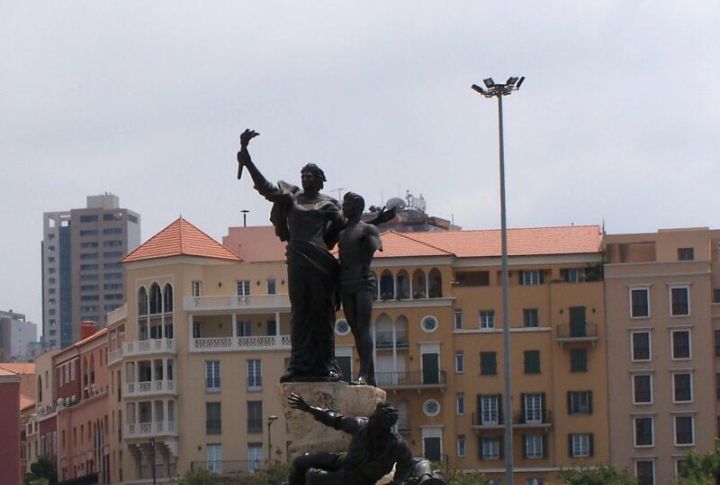
On May 6, 1916, dozens of Arab activists were executed, marking what’s now remembered as Martyrs’ Day. Ottoman prisons were filled with writers, students, and reformers. The secret police targeted political circles across cities. These harsh crackdowns pushed many former loyalists toward rebellion, convinced that reform was no longer an option
Religious Tensions In The Hijaz
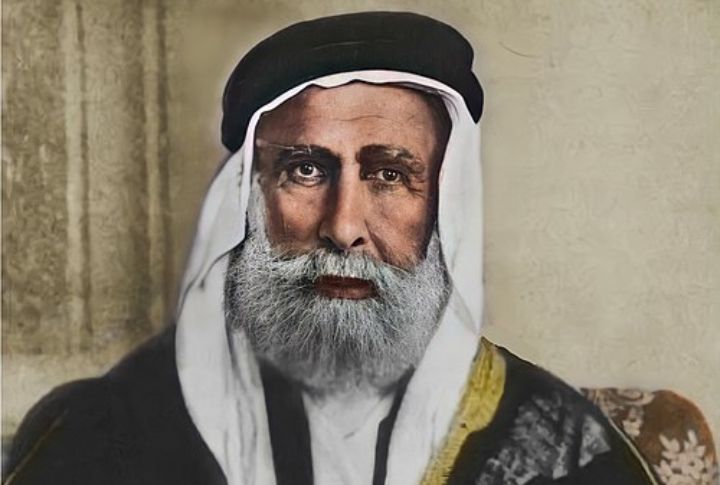
Ottoman interference in Mecca’s religious affairs didn’t sit well with Sharif Hussein or the conservative tribes of the region. Control over the Hajj pilgrimage became a point of conflict. Soldiers disrupted tribal customs and sacred sites. Many Muslims questioned Istanbul’s religious legitimacy, especially as it allied with Christian powers.
Ottoman Military Drafts Fueled Discontent
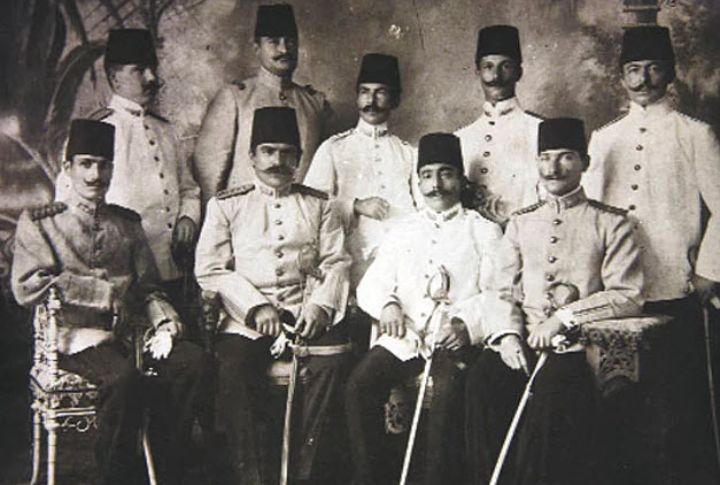
Arab men were often conscripted into labor units rather than combat roles, facing disease and starvation in remote Syrian camps. As families lost sons to a distant war, frustration deepened. Draft evasion grew common, and unrest steadily grew into organized resistance across multiple regions.
The Hussein-McMahon Correspondence Raised Hopes
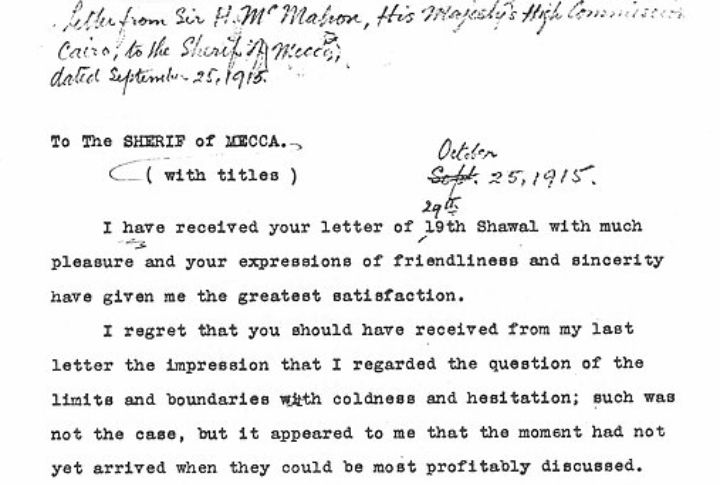
In a series of wartime letters, Britain promised Sharif Hussein support for Arab independence. That exchange lit a spark. Arab leaders saw a chance to break free with international backing. Though the promise came with strings, it helped build momentum behind what would become the Arab Revolt.
British And French Propaganda Boosted Arab Dissent
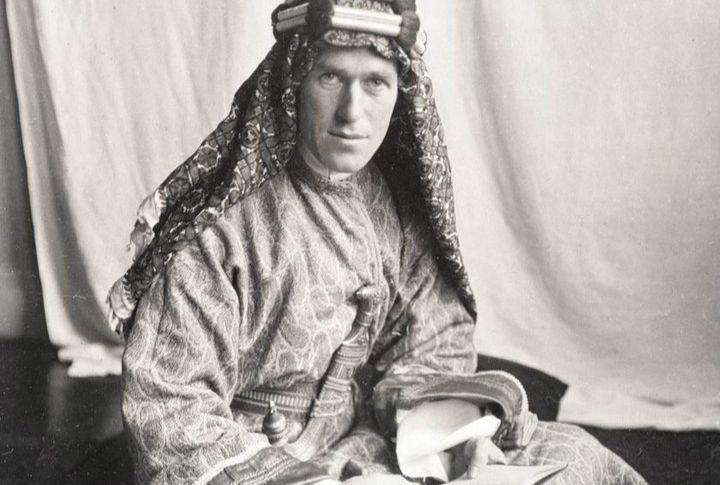
British and French propaganda in Arabic painted the Ottomans as oppressors, offering visions of dignity and independence. Alongside these messages came secret shipments of gold and weapons to tribal leaders. The combination appealed to Arab officers and communities already disillusioned with an empire they no longer trusted or believed in.
Tribal Rivalries Were Exploited
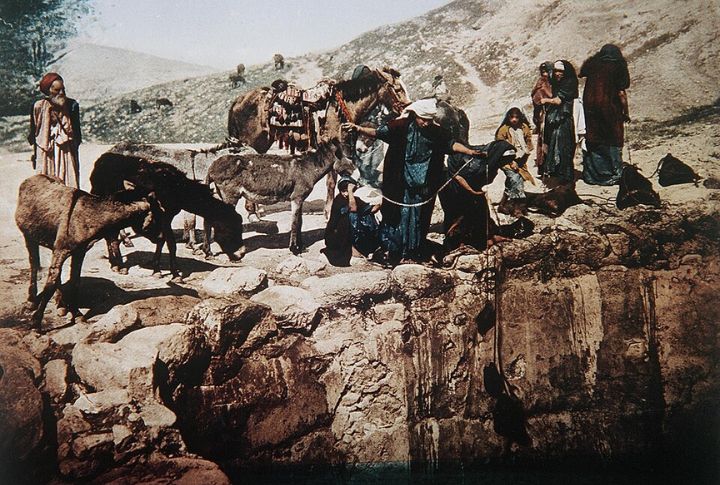
Old tensions between tribes like the Hashemites and Rashidis became a strategic advantage. The British stirred up existing conflicts to weaken Ottoman unity. For some tribes, the rebellion offered political gain; for others, revenge. As lines shifted quickly, tribal loyalties followed opportunity, redrawing alliances across the Arabian Peninsula.
Wartime Scarcity Weakened Loyalty
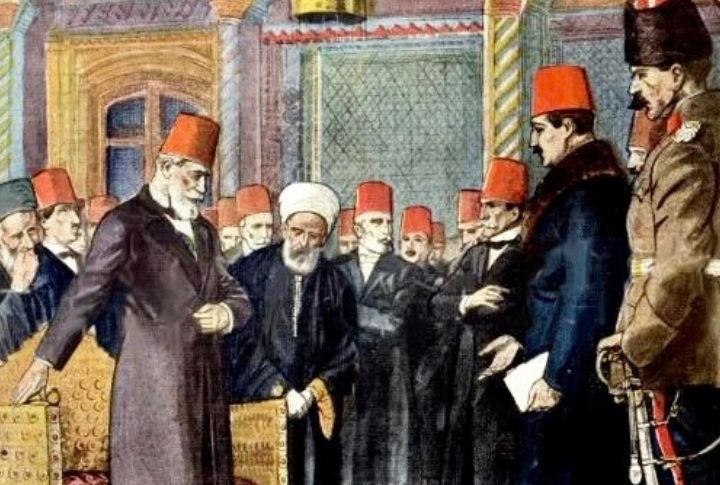
Blockades and wartime shortages hit Arab provinces hard. Food prices soared, essentials disappeared, and famine spread in places like Syria and Yemen. For many, survival became a daily struggle. As trust in the Ottoman state eroded, even passive citizens began to question the value of loyalty to a collapsing empire.

